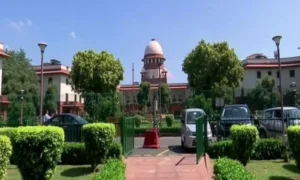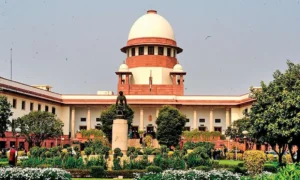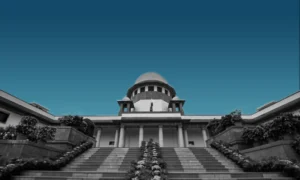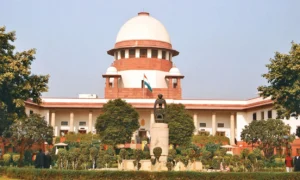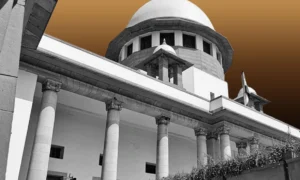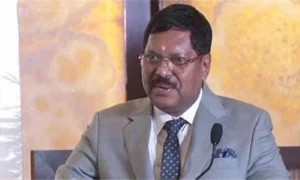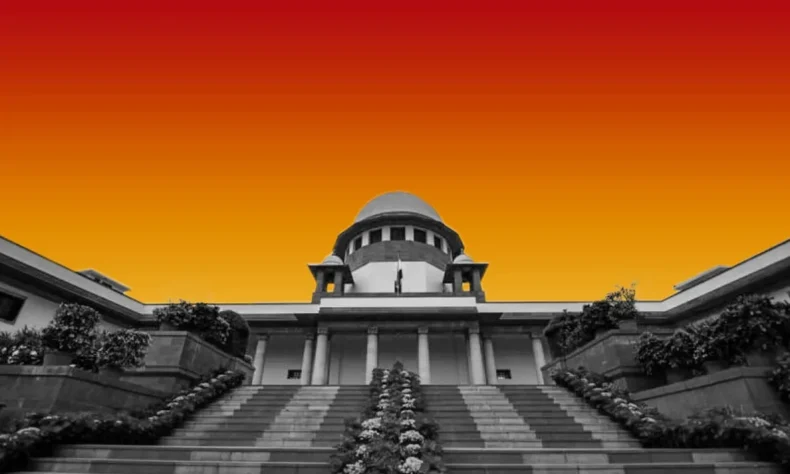
The Supreme Court of India on September 2, 2025, underscored that its pronouncement in the matter of gubernatorial powers would stand upon the foundation of constitutional principle rather than political expediency. The Court, while examining a Presidential reference arising out of its April ruling, clarified that its verdict would not hinge on which political party currently holds office, either at the Centre or in the States. The remark reaffirmed the judiciary’s role as the custodian of constitutional balance, independent of transient political majorities.
The April 11 judgment had brought the functioning of Articles 200 and 201 of the Constitution into sharp focus. By stressing that Governors and the President cannot withhold assent to bills indefinitely, the Court established that constitutional silences cannot be exploited to paralyse governance.
The bench made it clear that the President is bound to act within three months of a reference under Article 201, and any refusal of assent must be reasoned and formally conveyed to the State government. To permit open-ended inaction, the Court warned, would be to destabilise the federal framework itself.
During the current proceedings, the bench pressed further on this concern, noting that unchecked discretion in the hands of a Governor could render an elected State government functionally redundant. If money bills or other key legislation were allowed to languish indefinitely, it observed, the very machinery of representative governance would grind to a halt. The Court queried whether such stagnation would reduce the Governor’s office to a super-legislative veto, eclipsing the authority of the people’s representatives. Reports from the Economic Times and Times of India reflect the bench’s sharp observation that the Governor, in constitutional design, is a figurehead bound by the aid and advice of the Council of Ministers, and not a parallel power centre capable of undoing the popular mandate.
The matter, rooted in a larger debate over the interplay between the executive and legislative branches within India’s federal structure, has assumed wide constitutional significance. By insisting that its reasoning will remain immune to the winds of partisan change, the Court reaffirmed a critical principle: constitutional adjudication must serve the Republic’s enduring architecture, not the shifting tides of electoral politics.
In emphasising timeliness, accountability, and fidelity to democratic governance, the Supreme Court has sought to ensure that the spirit of the Constitution prevails over procedural stalemate. The ultimate ruling, once delivered, is likely to serve as a constitutional compass for the relationship between Governors, State legislatures, and the Union executive for years to come.
📰 Crime Today News is proudly sponsored by DRYFRUIT & CO – A Brand by eFabby Global LLC
Design & Developed by Yes Mom Hosting

